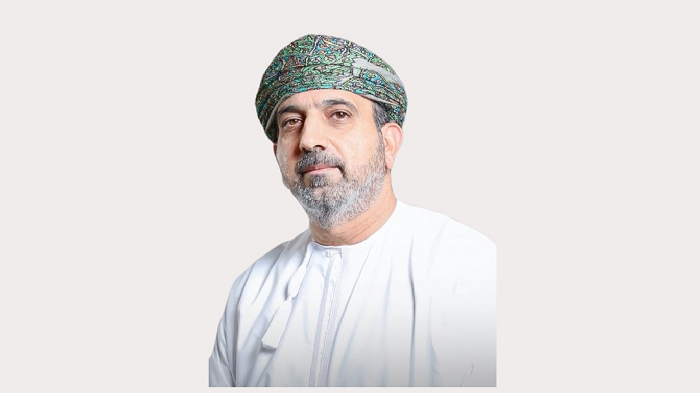Gulf Leaders Circle, Muscat Media Group’s GCC-wide business networking platform, interviewed Haji Al Balushi, General Manager and Dean at National College of Automotive Technology. With more than twenty-five years of professional experience, he has worked in various fields including training and teaching, executive, supervisory and leadership positions in the sectors of education and vocational training. Haji’s professional experience extends to ensuring the quality of vocational training and education, and he also worked in the field of studies and research in terms of manpower planning. He spoke to GLC about all the factors that go into building a productive workforce for the automobile industry.
As the General Manager of the National College of Automotive Technology and the former General Manager at National Automotive Higher Institute LLC, you have held key leadership roles in educational institutions. Could you elaborate on the strategies or initiatives you have implemented to drive innovation and improvement in the educational and training programs under your leadership?
Haji Al Balushi: Let me begin by outlining our mission, vision, and goals. Our strategy aligns with government objectives and encompasses various sectors, including government, military, security, and private companies within the automotive, transportation, and logistics industries. Our mission is to inspire and support these organizations while creating employment opportunities for young Omanis. We supply the market with engineers, skilled technicians, including master technicians, as well as specialists. Our focus revolves around these three sectors.
In addition, we have a vision to become a pioneer and distinguished education and training provider, both locally and regionally, with a global recognition of our qualifications. Our objective is to meet the market demand and supply the labour market with 1,500 engineers, skilled technicians, master technicians, and specialists in the automotive field. Currently, our annual capacity is set at accommodating 400 students and trainees, with a total capacity of 780 to 800 individuals on campus. The overall capacity will eventually reach 1,400, with two-thirds studying within the institutions (college and the Institute) and one-third gaining practical experience in the workplace.
Our training program combines on-site and off-site learning, reflecting our strategy to enhance Omanisation in the automotive and transportation sector, in line with Oman’s Vision 2040 and the five-year plan spanning from 2021 to 2025. Our primary aim is to increase the workforce’s share in the workplace to 40%. This strategy centers on creating jobs in this sector to address the skills gap.
Now, regarding innovation and improvement, the college has been diligently addressing the challenges of building future capabilities and competencies for modern skills and technology in higher education and vocational training. We have two distinct streams, higher education, and vocational training. We have been developing these capabilities since 2015 to ensure they align with the evolving requirements of the automotive skills needed in the labour market.
The shortage of skilled and talented young individuals in this sector is a significant challenge. Currently, there is a shortage of more than 50,000 workers in the automotive sector, ranging from skilled technicians, to master technicians and specialists. The reason for the shortage of workers in the automotive sector is that the working conditions in this field are not yet attractive enough for Omani individuals. Addressing this challenge is a key focus area for us, and we are collaborating with various stakeholders and partners to improve and enhance the work placement opportunities in the sector. However, achieving this goal requires significant efforts from various government organizations and stakeholders.
